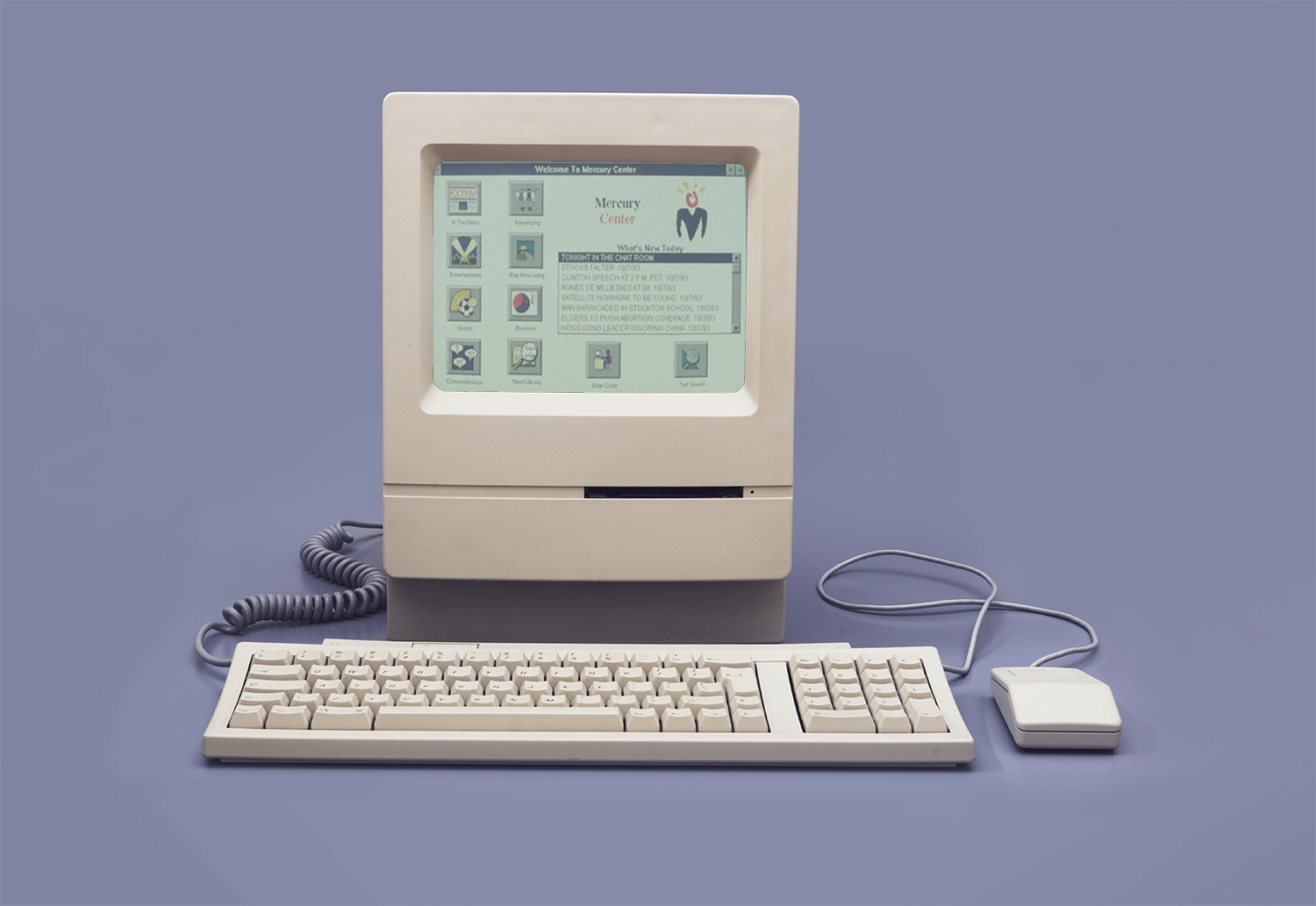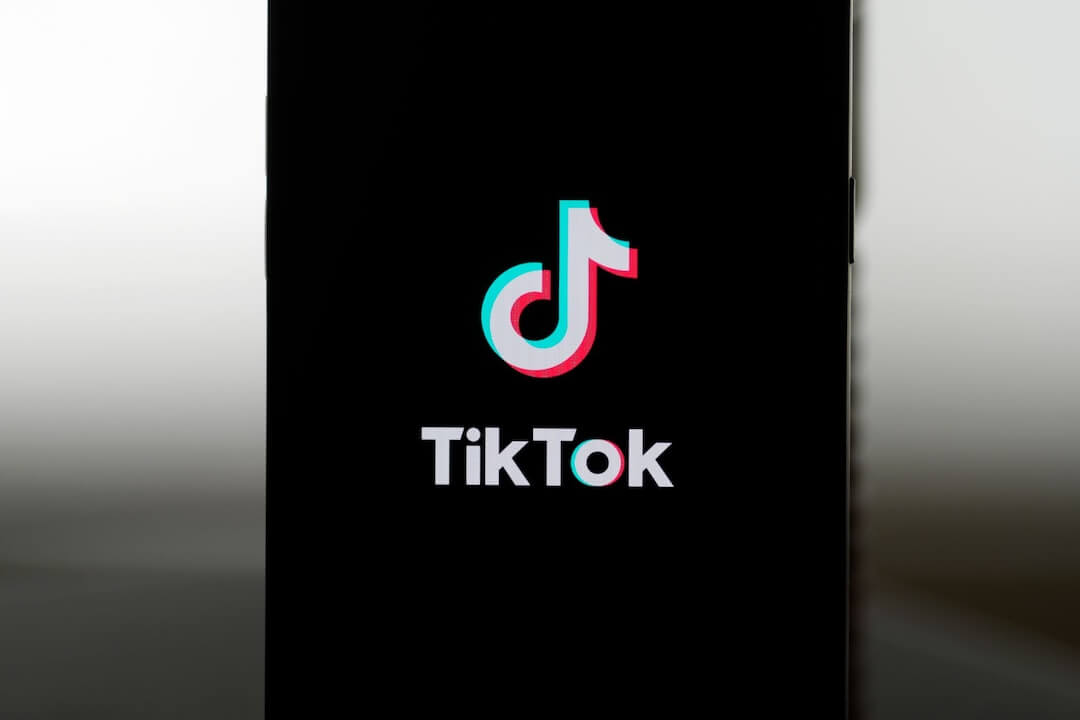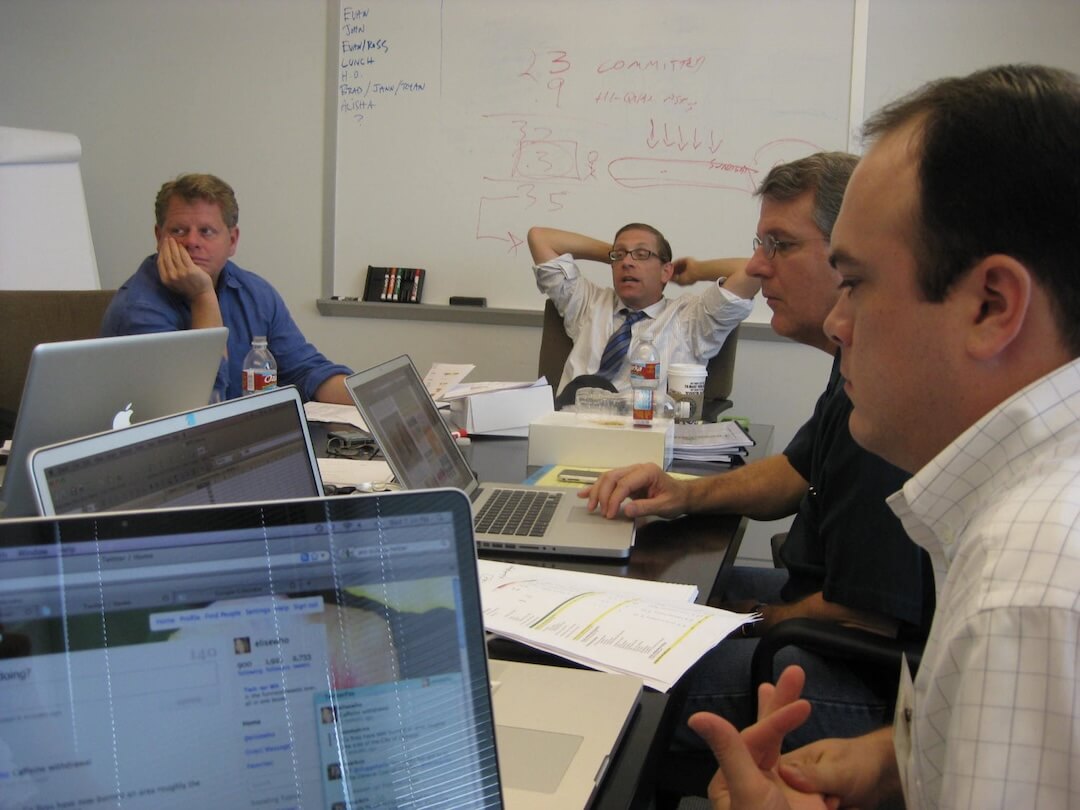Lara Jones is currently the only full-time employee producing public affairs content for the community radio station KRCL in Salt Lake City.
In radio, there’s a lot of time to fill — and Jones knew that she couldn’t do it entirely on her own. So she decided to reach out to interesting community members who lived in Salt Lake City. She asked them if they were interested in using the radio station’s professional recording tools to create their own podcast.
In return, she asked the community members to give the station a 3-minute excerpt of their podcast to be placed into the station’s content rotation on-air and online.
The station wins: they get content for air. And the community members win, too: they get to use high quality equipment and distribute their shows to a much larger audience, some of whom will gravitate toward downloading their podcasts.
The podcast subjects so far have ranged from Utah’s growing foodie culture to fine art and urban living to transgender issues in Salt Lake City. And Jones is now ready to expand the program. This winter an open call will be issued throughout Salt Lake City for more community-based podcasts.
I love this idea. It reminds me of the Washington Post’s Capital Weather Watchers program, which trained DC residents in basic meteorology and then asked them to keep the Post abreast of any inclement weather in their backyards. This was both good for the participants and the Post: People learned a new skill and then associated that skill with the Post (and wanted to help the Post’s weather coverage, when they could.)
I could see lots of local news outlets taking a similar approach. They already have the distribution platforms, the reach and the audience. Why not introduce new voices and give people more reasons to support their local news stations at the same time?
I asked Jones, who started her career more than 30 years ago as a DJ, if she wouldn’t mind answering a few questions about how KRCL’s program works — and how other outlets could follow suit.
How did you come up with the idea to bring in a handful of people who want to make a podcast into KRCL? How did you pick the people?
Part of my pitch, when applying and interviewing for the job, was to take the idea of a volunteer DJ and expand access to the airwaves via volunteer podcasters.
This is how it works: In exchange for an agreed upon topic/scope and access to our studios, podcasters provide a relevant 3-minute clip from each episode that we add into on-air rotation. Initially, I handpicked our podcasters based on topics of interest to our listeners and my own sense of what might be interesting.
Come January, KRCL will issue a general call and see what we get pitched, as well as list some content categories we’d like to see. Regardless, the goal is to curate the best hyper-local conversations.
What kind of training and resources does the station provide?
I do a basic tutorial on audio, and I’m generally around for the podcasters’ recording sessions. We’d like to pursue collaborations with local community colleges and journalism programs, too.
What does the station receive in return?
We get content that we otherwise don’t have the staff to produce. I’m the only full-time employee producing public affairs content. Most of our podcasters are working on a weekly production schedule. In addition to putting their clips into an on-air rotation, we post the clips on our website, with links to the full podcasts wherever the podcasters decide to post them. We lack the resources to host the full podcasts ourselves. That’s something I’d like to be able to provide in the future.
What do community members receive in return? What has the response been?
More voices and community players make it on the air every day now. And then response has been interesting. As a community radio station, our mission is “connecting community through remarkable music and positive social change.” If you come for the music, you don’t always stay for the non-music content. If you seek only talk, you might not like the music. Thirty-five years since airing “We Shall Overcome” by Pete Seeger, we’re still learning and evolving what it means to fill this role in a media market with more radio stations per capita than just about any comparable market in the U.S.
You recently wrote that you’re now struggling to come up with a podcast partners agreement that protects both parties and produces valuable content for listeners. Could you say a little more about that?
I recently watched a webinar with WFMU’s Ken Freedman, Untangling the Mess of Music Licensing, about how to legally include music in music podcasts, public affairs, news, and spoken podcasts. It’s well worth seeking out, by the way. That provided some insight as to where we need to go for mutually protective legal reasons. However, while I agree having releases and agreements in place are necessary to a successful program, I struggle with what ours should say given the volunteer aspect of our current program. I’m working with AIR Inc.’s template to tailor something for our needs.
Regarding valuable content, not every podcaster has a nose for news. So I work with them on how to prepare for an interview yet be flexible enough to let the conversation flow. Also, getting some folks to see the connection to local, regional and global news of the day is a work in progress.
How are you measuring the project’s success?
It’s still too new to say. Right now, progress is getting them done with quality audio and relevant content. But I’m already starting to get unsolicited pitches from people who want to try it out.
How would you like to see the project grow?
We’d love to find specific financial support in order to bring the best podcasts in-house, with greater production and creative values and paid staff.
A lot of stations will say to me, “That sounds nice, but we don’t have the resources to do that.” How did you grapple with the resource question?
It’s kind of a question of if not now, when. Podcasts aren’t going away. You can tailor the program to your station and audience’s personality. Give it room to breathe, because it will change your “sound” to invite the public inside.
But the beauty of the podcast partners we have here at KRCL is their authenticity. We can do all kinds of public affairs interviews about the struggles of those in our community who are transgender, but our podcast partner Pioneers & Allies is hosted and produced by a mother and her transgender daughter.
If other radio stations wanted to do this, what advice would you give them?
You have to decide what it is you want out of podcasts — be it fully produced Serial-style podcasts or hyper-local conversations. Also, nail down your agreement template, and set a pilot period so both parties can review progress, goals, performance, commitment.
As a community radio station, we also are a learning lab for our podcast partners. We want to instill the pursuit of quality while recognizing that not every podcaster has made a career out of media. I mean, that’s the beauty of podcasts to me — the real voices of people in our community.







